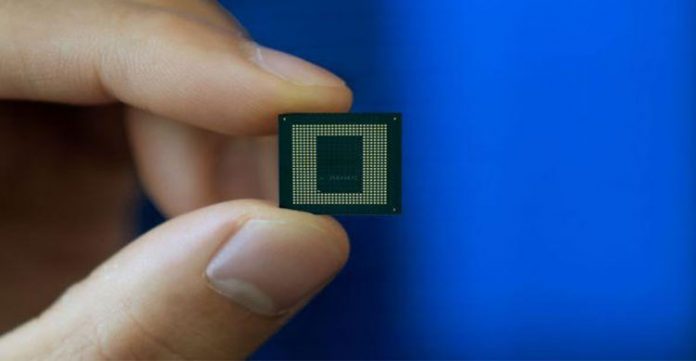Google has come with a solution to the global acute semiconductor or chip shortage. A team of researchers at Google is currently working on designing the next-generation artificial intelligence (AI) chips.
New AI Will Reported Use Past Experiences To Become Better
As per the latest reports, the AI being created by Google researchers will allow the chip design to be performed by artificial agents with more experience than human designers. The new AI method utilizes past experience to become better and faster at solving new instances of the problem.
ALSO READ:Fossil’s upcoming smartwatch to run on Google’s new Wear OS
The team wrote in a paper that appeared in the scientific journal called Nature. The paper stated that their method wawa used to design the next generation of Google’s artificial intelligence (AI) accelerations. It further has the potential to save thousands of hours of human effort for every new generation coming up in the future.
“Finally, we believe that more powerful AI-designed hardware will fuel advances in AI, creating a symbiotic relationship between the two fields”, they noted.
Google Used New AI To Design Next Generation of Tensor Processing Units
Further talking about the chip, the paper stated that in about six hours, the model was able to generate a design that would optimize the placement of different components on the chip. To achieve this, the Google team used a dataset of 10,000 chip layouts for a machine-learning model, which was then trained with reinforcement learning.
Anna Goldie, research scientist at Google Brain who was also a part of the research tweeted that their reinforcement learning agent generates chip layouts in just a couple of hours.
“These superhuman AI-generated layouts were used in Google’s latest AI accelerator (TPU-v5)!” She added.
Google has used the model to design its next generation of tensor processing units (TPUs), which run in the company’s data centers to enhance the performance of various AI applications.


